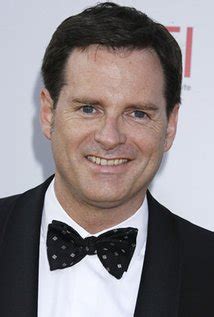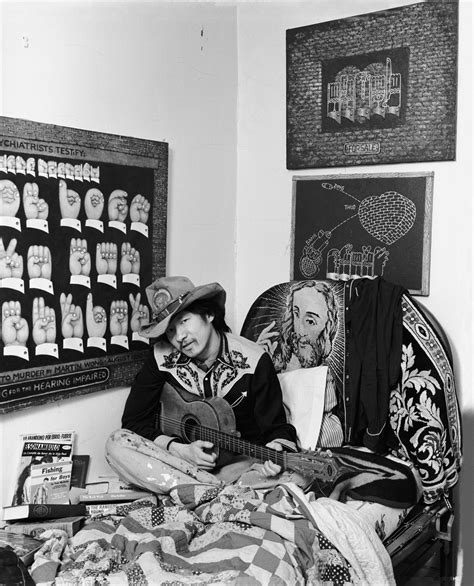A Quote by Elvis Mitchell
Though narrative cohesion isn't the strength of 'Mean Girls,' which works better from scene to scene than as a whole, the intelligence shines in its understanding of contradictions, keeping a comic distance from the emotional investment of teenagers that defined 'Ridgemont High' and later the adolescent angst movies of John Hughes.
Related Quotes
I've begun to believe more and more that movies are all about transitions, that the key to making good movies is to pay attention to the transition between scenes. And not just how you get from one scene to the next, but where you leave a scene and where you come into a new scene. Those are some of the most important decisions that you make. It can be the difference between a movie that works and a movie that doesn't.
Usually, like, on 'Mean Girls,' the task that Tina Fey and I set for ourselves was we wanted to maintain a comic intensity throughout the movie, where people just don't really get a break from laughing. And if they do, it's for a brief emotional scene, and then we're going to once again try to knock them on their heels again with comedy.
I mean, my understanding is that the live-action and the comic book versions of the Umbrella Academy' will parallel with each other while still keeping their distance, so that fans of the comic books who have already read the storyline has something new to look forward to and in approaching a new season.
have a much harder time writing stories than novels. I need the expansiveness of a novel and the propulsive energy it provides. When I think about scene - and when I teach scene writing - I'm thinking about questions. What questions are raised by a scene? What questions are answered? What questions persist from scene to scene to scene?
I really like the Chris-R scene and of course the "you are tearing me apart Lisa" scene. The reason I love the Chris-R scene is because we worked really hard to finish it. It's not just that though, it brings people together. Everyone is one the roof together by the end of the scene. You see the perspectives of the different characters. I feel like with all the connections in this scene that the room connects the entire world
'90210' was looking at teenagers from a perspective that hadn't really been seen on television, though it had been seen in movies like some John Hughes films. I don't know if you want to say '90210' was real, but what the characters were going through was relatable - in a very glamorous environment.



































